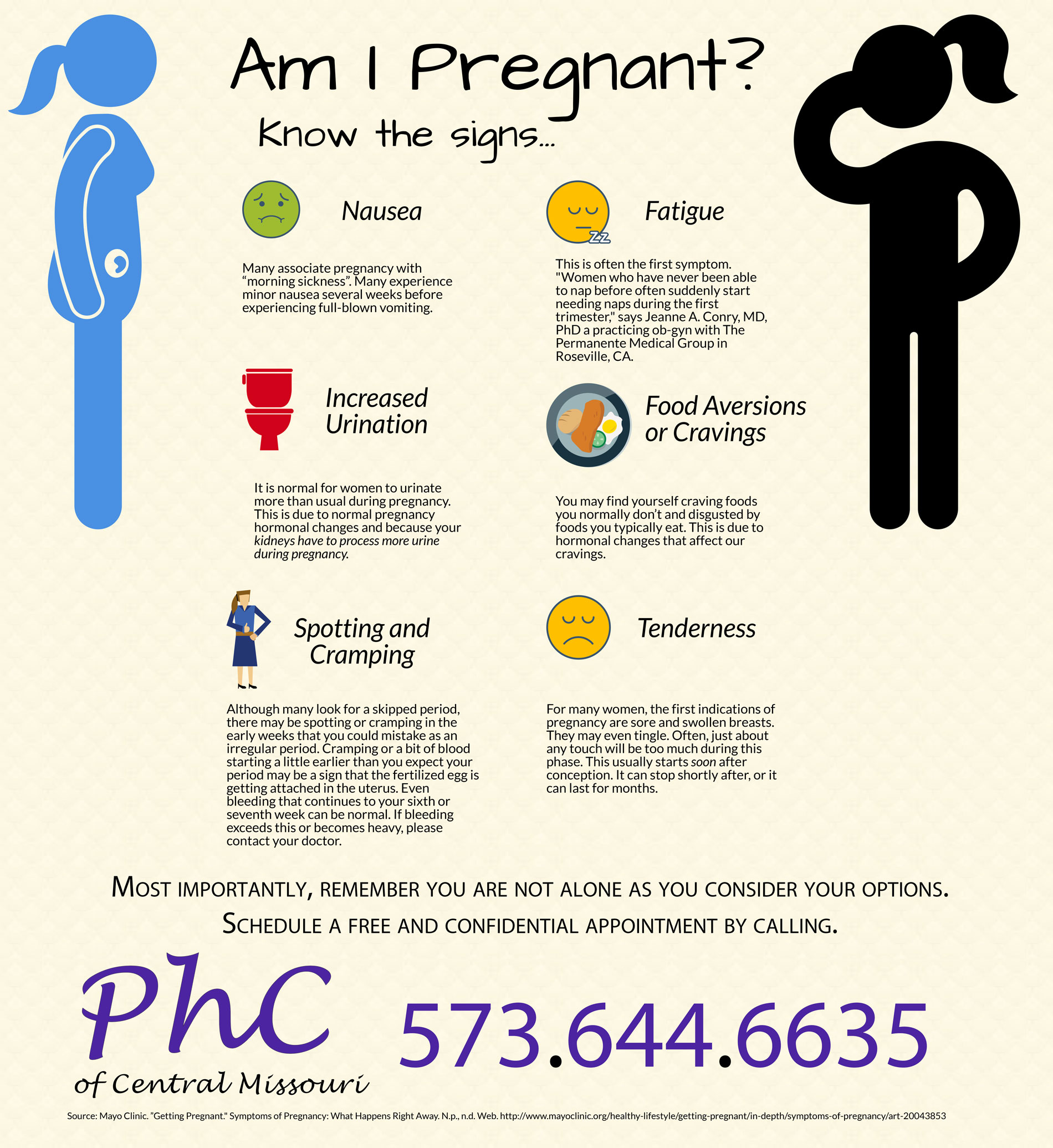
How Soon Can You Feel Pregnancy Symptoms?
Pregnancy is a transformative journey that brings about a myriad of physical and emotional changes. One of the most common questions expectant mothers have is when they can expect to experience the first signs of pregnancy. While every pregnancy is unique, there are certain symptoms that may indicate the presence of a growing life within.
Early Pregnancy Symptoms
The earliest pregnancy symptoms typically manifest within the first few weeks after conception. These subtle changes may be easily overlooked or attributed to other factors, but they can provide an early clue that a new chapter is unfolding.
- Missed period: This is often the first and most noticeable sign of pregnancy. If you are of reproductive age and have missed your period, it is advisable to take a pregnancy test to confirm your suspicions.
- Breast tenderness: Hormonal fluctuations during pregnancy can cause your breasts to become sore, swollen, and sensitive. This symptom may appear as early as one week after conception.
- Nausea and vomiting: Also known as morning sickness, this common pregnancy symptom can occur at any time of day or night. It typically begins around the fourth week of pregnancy and may persist until the second trimester.
- Fatigue: Extreme tiredness is a hallmark of early pregnancy. Progesterone, a hormone that supports the pregnancy, can induce a feeling of exhaustion.
- Frequent urination: As the uterus expands, it puts pressure on the bladder, leading to increased urination. This symptom may become more pronounced as the pregnancy progresses.
Later Pregnancy Symptoms
As the pregnancy advances, more noticeable symptoms emerge, signaling the growing presence of the developing fetus.
- Abdominal bloating: The expanding uterus can cause bloating and a feeling of fullness in the abdomen.
- Constipation: Hormonal changes and the pressure from the uterus can slow down digestion, leading to constipation.
- Mood swings: Pregnancy hormones can trigger emotional fluctuations, including mood swings, irritability, and weepiness.
- Skin changes: Increased blood flow during pregnancy can cause the skin to become darker and more pigmented.
- Weight gain: As the baby grows, the mother’s weight will gradually increase. Weight gain is typically most noticeable in the second and third trimesters.
When to Expect Symptoms
The timing of pregnancy symptoms can vary significantly from woman to woman. Some may experience early signs within a few days of conception, while others may not notice any symptoms until several weeks later.
- Most common: The majority of women begin to experience pregnancy symptoms between four and six weeks after conception.
- Earliest possible: It is possible to feel some early symptoms, such as breast tenderness, as early as one week after conception.
- Latest possible: In some cases, women may not experience any noticeable symptoms until the second trimester or even later.
Factors Affecting Symptom Timing
Several factors can influence the timing and severity of pregnancy symptoms:
- Hormonal levels: The levels of pregnancy hormones, such as human chorionic gonadotropin (hCG) and progesterone, play a significant role in symptom manifestation.
- Age: Older women may experience symptoms earlier and more intensely than younger women.
- Previous pregnancies: Women who have been pregnant before may experience symptoms sooner and more prominently in subsequent pregnancies.
- Multiple pregnancies: Carrying twins or more can lead to more pronounced symptoms due to higher hormone levels.
- Overall health: Women with certain medical conditions, such as thyroid disorders or diabetes, may have different symptom patterns.
When to Seek Medical Attention
While most pregnancy symptoms are normal and expected, it is important to seek medical attention if you experience any of the following:
- Severe pain or cramping: This could indicate a miscarriage or ectopic pregnancy.
- Heavy bleeding: Vaginal bleeding during pregnancy is not always a cause for concern, but it is essential to consult a doctor to rule out any potential complications.
- Fever: A fever during pregnancy can be a sign of infection and requires medical attention.
- Persistent vomiting: Severe vomiting can lead to dehydration and electrolyte imbalance.
- Blurred vision or headaches: These symptoms may indicate high blood pressure or other pregnancy-related complications.
Conclusion
The timing of pregnancy symptoms can vary greatly from woman to woman. While some may experience early signs within a few days of conception, others may not notice any symptoms until several weeks later. Understanding the common symptoms and their potential timing can help expectant mothers navigate the early stages of pregnancy with confidence. If you are experiencing any unusual or concerning symptoms, it is always advisable to consult a healthcare professional for guidance and reassurance.